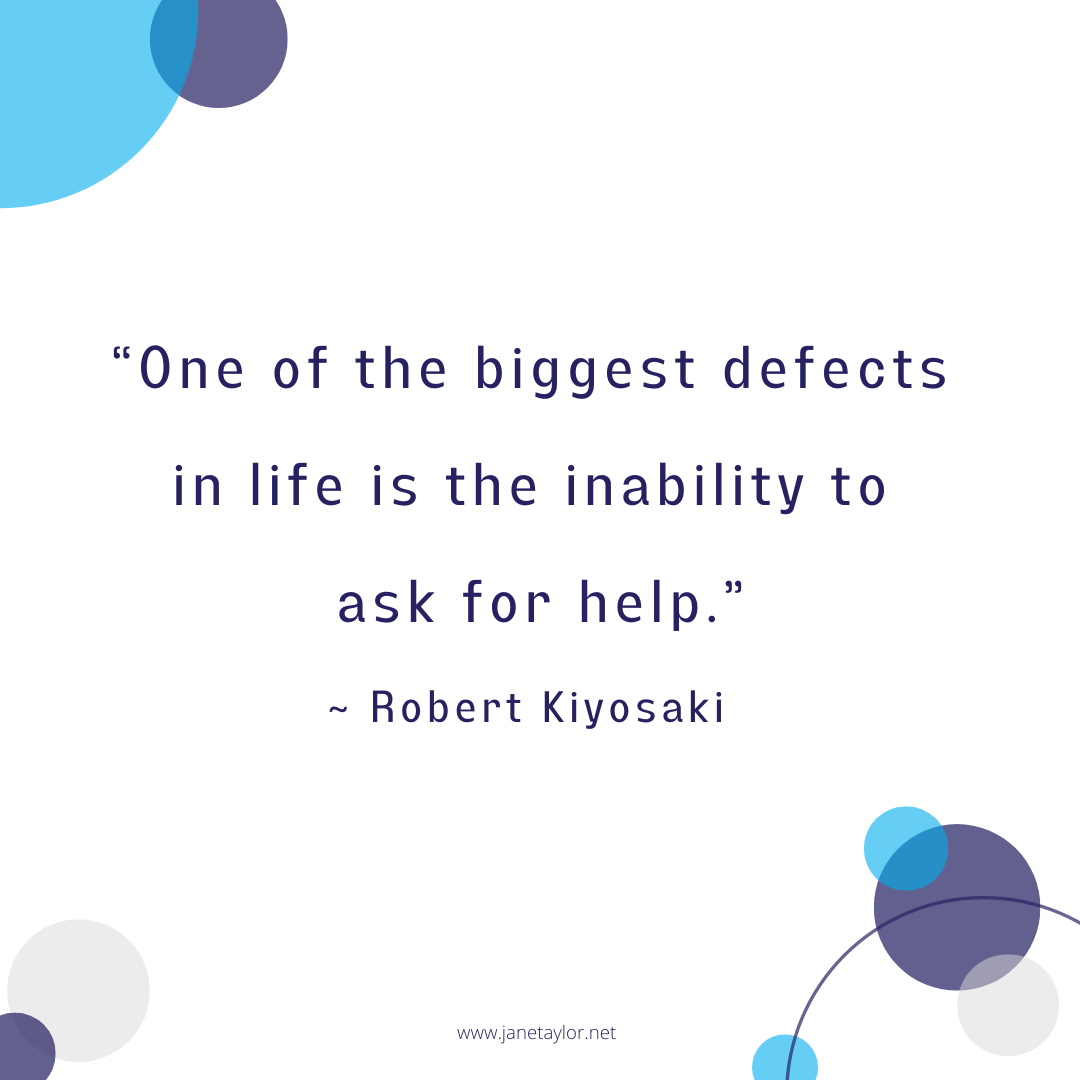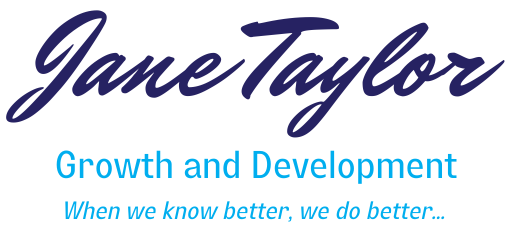Asking for Help is a Sign of Humanity, Not Weakness

Last night I locked myself out of my unit. This was the third time in 22ish years. However, last night was different. Yes the situation / context was very similar – I locked myself out of my unit. However, the difference was my reaction, my inner talk and how I handled it.
In my heart I knew there was really only one solution (the same thing I had done previously – ask for help from the locksmith). Fortunately, I had my phone in my hand as I was talking to a friend on the phone whom was coming to dinner. So I called the people whom I have used before. On the phone I gave them the details and said I had lasagne in the oven (as that was dinner). Luckily, the locksmith came within 15 minutes. It took a while to get in, however we did with minimal changes to the door and the lasagne was saved.
So how did I handle it so quickly? I saw what I needed to do (grateful for the many years of practise in mindfulness and training my mind), I took responsibility quickly, stayed grounded in what was happening (i.e. felt my feelings), had genuine compassion and kindness for myself (now this has definitely not been the case previously) and then forgave myself for making the error and recognise that no-one is perfect (yes this has been a challenge for me to untangle in my life) and released the situation 🙂 For me – this is how I measure my life and can see how much I have grown since I started this adventure as I used to struggle asking for help.
Subsequently, in today’s post I wanted to explore the topic of asking for help, including –
- What is asking for help?
- Why do we need to ask for help?
- 5 myths about asking for help!
- How can we ask for help?
What is Asking for Help?
Asking for help is a process of asking and then allowing yourself to receive that support from other people.
Why Do We Need To Ask for Help?
Honestly – because we are not an island and I don’t think we are meant to do everything by ourselves. Let me explain further.
In your life, would you agree there are some things you really enjoy doing, are passionate about and are good at? And then there are other things you just don’t like doing, are not so passionate about and are possibly not so good at?
Well the good news is some of the things we do not enjoy doing are other people’s strengths and gifts. This is one of the reasons why it is important to ask for help – we allow other people to share their gifts with us, which in turn allows us to receive as well.
N.B. Please know I am not talking about avoiding important tasks here as sometimes we still need to do the tasks we don’t want to do and are not our strengths – i.e. remembering to take out the garbage!
5 Myths About Asking for Help
There are many myths associated to asking for help. Some myths are explored below –
Myth: Asking for Help is a Sign of a Weakness.
Reality: Asking for help is not a sign of a weakness, but a sign of a strength. “The strong individual is the one who asks for help when he needs it.” ~ Rona Barrett
Myth: “I shouldn’t have any challenges or need ask for help.”
Reality: In this statement we are criticising ourselves. Self-criticism is not a helpful strategy to feel better despite it being socially acceptable. In fact, it can cause you to feel insecure and inadequate. Subsequently, we need to develop self-compassion. Self-compassion means I think my problems are also important and worthy of being attended to as well as your problems. Self-compassion is about being with our challenges and seeing them as they are not numbing them or pushing them away, which is more self-indulgent.
Myth: “I am burdening other people if I ask them for help. They are already busy.”
Reality: There are many people who love to help you, if given the opportunity. When you ask for help, you provide a space for people to shine as they share their gifts and talents with you. As Jim Rohn said – “Asking is the beginning of receiving. Make sure you don’t go to the ocean with a teaspoon. At least take a bucket so the kids won’t laugh at you.”
Myth: “I am not worthy of help or support.”
Reality: Everyone is worthy of help, love, belonging and support – as we have all made mistakes and need help in our lives, no one is perfect.
Myth: Asking for help means “I am incompetent.”
Reality: “Asking for help does not mean that we are weak or incompetent. It usually indicates an advanced level of honesty and intelligence.” ~ Anne Wilson Schaef
How Can We Ask For Help?
When you are starting to ask for someone for help, I think it’s important to start by asking someone you have a good relationship with. For example, someone –
- who knows you quite well,
- talks to you,
- smiles at you,
- really listens to you, and
- takes an interest in what you do (i.e. the activities you enjoy).
When we are asking for help, we also need to remember to have self-compassion. What is self-compassion –
Christopher Germer in his book The Mindful Path to Self-Compassion: Freeing Yourself from Destructive Thoughts and Emotions refers to self-compassion as “… simply giving the same kindness to ourselves that we would give to others.”
In her book Self-Compassion: The Proven Power of Being Kind to Yourself, Dr Kristin Neff refers to self compassion as having three components –
- Self-kindness – be gentle and understanding with ourselves rather than harshly critical and judgmental.
- Common humanity – feeling connected with others in the experience of life rather than feeling isolated and alienated by our suffering (i.e. experiencing our imperfections).
- Mindfulness – that we hold our experience in balanced awareness, rather than ignoring our pain and exaggerating it.
Also, in the The Force of Kindness, Sharon Salzberg wrote – “this kind of compulsive concern with “I, me and mine” isn’t the same as loving ourselves… Loving ourselves points us to capacities of resilience, compassion and understanding within that are simply part of being alive.”
Remember the person you ask for help may say no, so if you have a good relationship with them beforehand and self-compassion, the no will be ‘softened’ per se. Here are some questions you may like to use when asking for you –
- Can I ask you a favour?
- Can you please help me with ..?
- Could you spare me a minute?
- Is there any chance, I could get some support from you with …?
- Would it be possible if you could help me with …?
- I could do with some help at the moment with …, do you have some time to help me?
Over to You…
I hope this post has helped clarify some myths around asking for help and if you have any questions, please contact us. If you are ready to reclaim your courage and take the next step towards freedom and opening your heart, why not join our Toolkit?
“We’re all imperfect and we all have needs. The weak usually do not ask for help, so they stay weak. If we recognize that we are imperfect, we will ask for help and we will pray for the guidance necessary to bring positive results to whatever we are doing.”
~ John Wooden
P.S. Thanks again to the locksmith who helped me last night and also for V for experiencing this little adventure with me. You were a great support (especially when I needed to make sure I was ringing the right person as I left my glasses inside the unit…) xxx And yes, I intend to take a breath to ensure I have my keys before I leave my home next time when speaking on the phone 🙂
References –
Germer, C. (2009). The Mindful Path to Self-Compassion: Freeing Yourself from Destructive Thoughts and Emotions. New York: Guilford Press.
Neff, K. (2011). Self-Compassion: The Proven Power of Being Kind to Yourself. New York, USA: HarperCollins Publishers.
